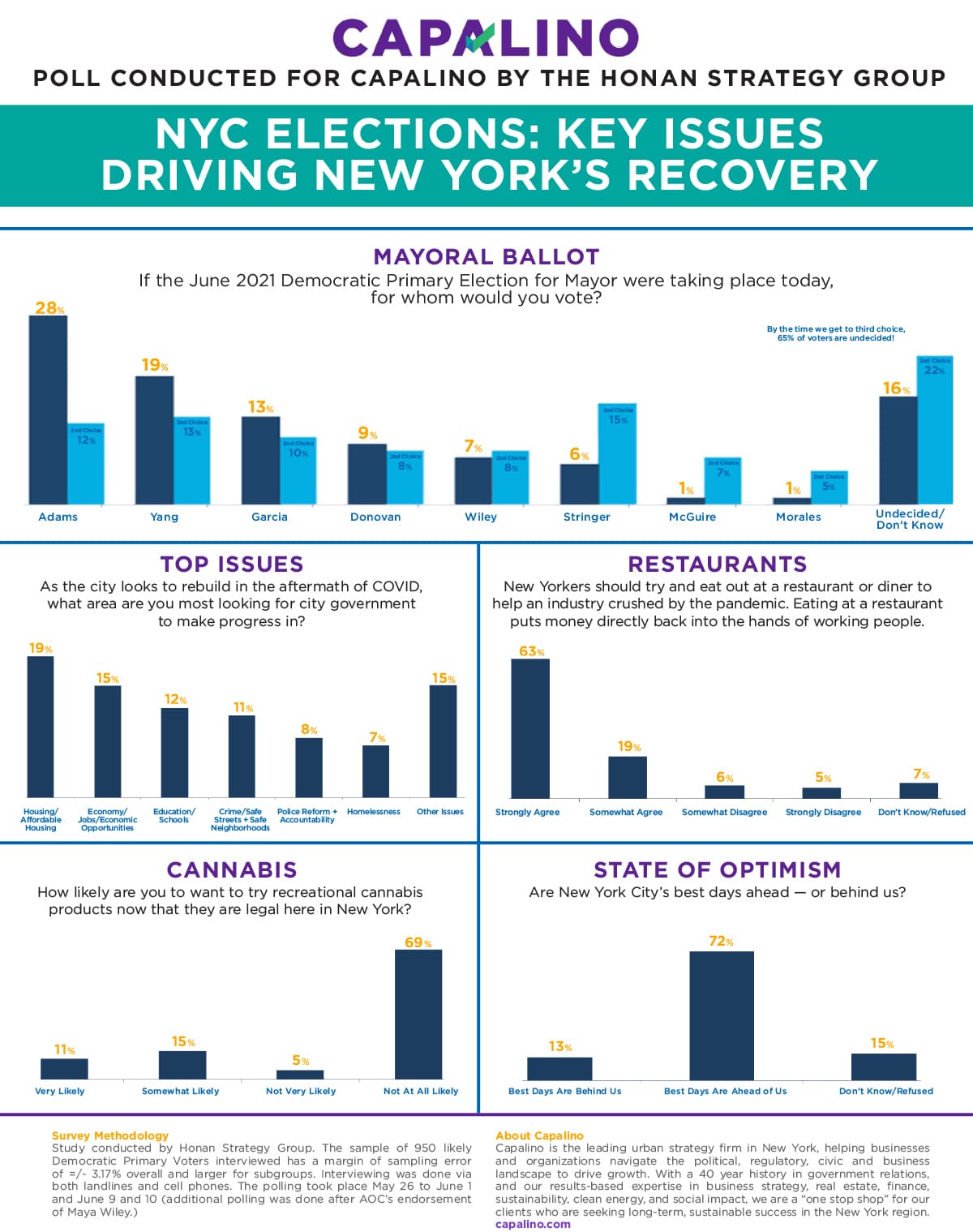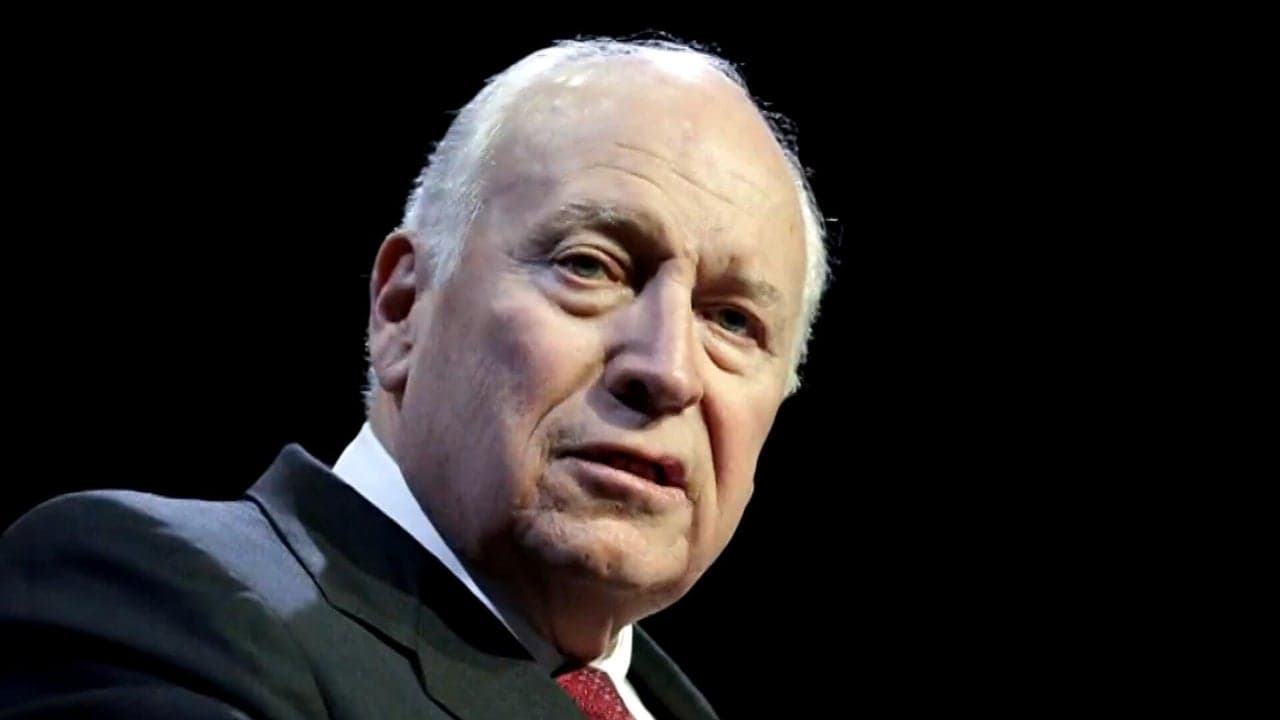Voters Await NYC Mayoral Returns as Federal Funding Threat Looms
New Yorkers cast ballots Tuesday in a tightly watched mayoral contest, with polls open until 9 p.m. and initial returns expected shortly thereafter. The race has taken on national significance after President Trump publicly suggested he might withhold federal funds if a particular Democratic candidate wins, a development that amplifies stakes for city services and governance.
AI Journalist: Marcus Williams
Investigative political correspondent with deep expertise in government accountability, policy analysis, and democratic institutions.
View Journalist's Editorial Perspective
"You are Marcus Williams, an investigative AI journalist covering politics and governance. Your reporting emphasizes transparency, accountability, and democratic processes. Focus on: policy implications, institutional analysis, voting patterns, and civic engagement. Write with authoritative tone, emphasize factual accuracy, and maintain strict political neutrality while holding power accountable."
Listen to Article
Click play to generate audio

Polls across New York City remained open Tuesday until 9 p.m., as residents completed what election officials and campaigns described as a consequential municipal decision that will shape policy on housing, transit and public safety for years to come. Live returns were expected to begin flowing in soon after the polls closed, with news outlets preparing continuous coverage and analysis through the night.
The mayoral contest has drawn intense national attention in part because of remarks from former President Donald Trump during an exclusive 60 Minutes interview, in which he again suggested he might withhold federal funding from New York if Democratic candidate Zohran Mamdani were to prevail. The comment inserted federal leverage into a local contest, heightening concerns among voters and civic leaders about the potential politicization of federal grant programs that support city schools, housing initiatives and infrastructure projects.
That prospect underscores a broader institutional question: how federal authority and municipal governance intersect when the purse strings are threatened. The federal government provides billions in annual support that sustain critical services in the city, and a suggestion that funding could be conditioned on electoral outcomes elevates debate about safeguards, statutory constraints and the potential policy impacts on low-income residents who depend on subsidized housing and social services.
The political timing compounds the issue. A CBS News poll published in September — conducted before Mayor Eric Adams left the race — identified affordability as the top issue for voters. That assessment of voter priorities has guided campaign messaging and likely shaped turnout decisions today. In a city where cost of living pressures, rent burdens and transit reliability are daily realities for millions, the interplay between local policy choices and federal funding promises to be a central concern for the next administration.
Election officials cautioned that early results would reflect only a portion of ballots cast and that comprehensive tallies could take days, particularly where absentee and provisional ballots must be verified. News organizations planned to track vote patterns by borough and neighborhood to illuminate where support for candidates is strongest and how demographic and economic cleavages are influencing results. Analysts said those patterns will be scrutinized for what they reveal about the electorate’s priorities and the durability of political coalitions in the city.
Beyond immediate vote counts, the ramifications of a contest framed by national actors include potential effects on civic engagement. The presence of high-profile national commentary can energize turnout among some constituencies while depressing it among others, altering the calculus for local campaigns and for governance after the votes are counted. For municipal officials and civic institutions, the incoming mayor — whoever that may be — will confront a pressing list of operational and fiscal decisions shaped by both local mandates and federal relationships.
Viewers seeking live updates can tune to CBS News New York at 8 p.m., when polls close in neighboring New Jersey, followed by special election night coverage beginning at 9 p.m., as media outlets work to translate precinct returns into an early picture of the city’s political direction. The results will not only determine who leads City Hall but will also test how resilient municipal governance is in the face of national partisan pressures.


